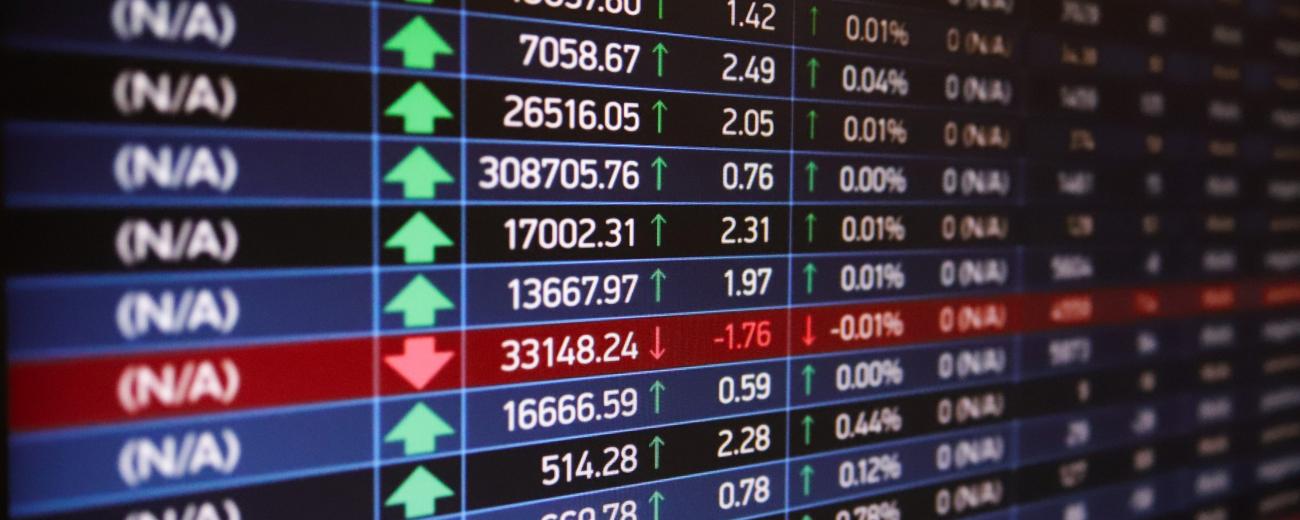AXA Chair in Global Finance


In 2024, Professor Hong Bo was appointed to the AXA Chair in Global Finance at SOAS University of London. The AXA Chair in Global Finance is a full-time permanent academic position, endowed by the AXA Research Fund. It is to be noted that the AXA Chair is a highly competitive scheme, designed to support research excellence involving significant advancement in a research field within a host institution. The AXA Chair in Global Finance was the first ever AXA Chair in socio-economic risks in the UK.
Overview
China’s overseas infrastructure investment has undergone a process of adjustment since Covid-19. The fundamental changes relate to infrastructure financing. Prof. Hong Bo specialises in Financial Economics at the School of Finance & Management, SOAS University of London. As the new AXA Chair in Global Finance, she investigates the consequences of ongoing changes in China’s overseas infrastructure investment for African countries. China has reduced its financing of large-scale infrastructure investments in Africa because, since Covid-19, emerging domestic economic problems have become obstacles to China’s economic growth, reducing China’s financial capacity. In addition, following Covid-19, the international community including the US, EU, UK, and other OECD countries, has enhanced regulatory scrutiny of Chinese investment due to national security concerns, leading to stronger public resistance to China’s economic activities in host countries. Geopolitics has become more important than ever in China’s overseas economic operations. Consequently, trade wars and competition for critical resources have resulted in a revamp of global supply chains. In the past few decades, China determined the destination and scale of investments based mainly on diplomatic ties, geopolitical alignment, and political relationships with recipient countries, but negative shocks such as Covid-19 have brought about real consequences when host countries fail to repay China’s infrastructure lending. In response, China needs to strengthen risk management of its overseas infrastructure projects.
What do these changes imply for Africa?
The objective of this project is to empirically investigate the consequences of these changes for African host countries. At the country level, the fundamental issue is what alternative sources of financing there are for African infrastructure if China stops or reduces its large-scale infrastructure investments. What are the economic and social impacts of the decline of Chinese financing on the infrastructure development and economic performance of African countries? At the industry level, the export structure will change in the African natural resources and energy sector. This is because African host countries are now less likely to pay back infrastructure loans by exporting natural resources to China. What are the implications of such changes for the efficiency and green transition of the natural resources and energy sector in Africa? At the firm level, China’s adjustment of its overseas infrastructure operations suggests a trend of localising China’s investment in African countries. The related question is how local African economic participants can benefit from their interactions with Chinese investors. For example, as China switches from building huge physical infrastructure projects to small, soft, and tech-oriented projects, such as AI, digital, green, health, etc., do local economic actors have the absorptive capacity to benefit from interacting with Chinese investors? What can Chinese investors do to facilitate technology transfer and productivity spillovers to African local firms? Evidence-based new insights provided by this research can help African policymakers prepare strategies for capacity building for local economic actors and developing host country governance and institutional frameworks.
The AXA Chair in Global Finance at SOAS University of London was previously led by Prof. Victor Murinde.
Contact us
Professor Hong Bo
Email: hb22@soas.ac.uk
Dr Meng Xie
Email: xm1@soas.ac.uk
Dr Jeffrey Ighedosa
Email: ji8@soas.ac.uk







